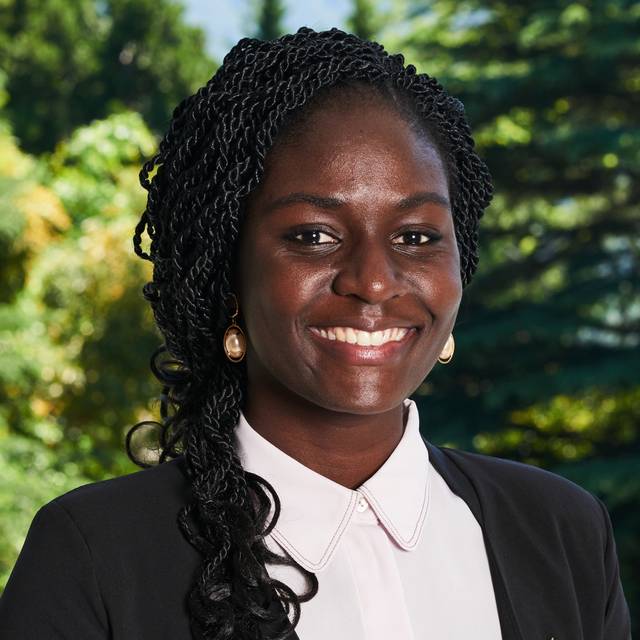
Inside the Programme
Mid-year Workshop Reflection: Learning to love my shadow
Reconciliation is an intricate concept, both at a personal and national level. At the mid-year workshop, fellow scholars and I had the opportunity to reflect deeply on our positionality as leaders seeking to bring positive and sustainable changes in post-colonial and apartheid contexts.
During the course of the workshop we discussed a number of texts and tools to challenge our perceptions of reconciliation. Although every session was enriching, there was one aspect of the workshop that particularly stood out to me: The Shadow work session. This was a meditative process through which everyone was invited to acknowledge, feel, and understand painful aspects of their identity so that they become fully integrated instead of being treated like a castaway. The first time I came across shadow work was in November last year through a friend. During that period, I shot a short film titled Noni part 1. This film was an expression of the deep resentment I felt for some parts of my being, like my weight.
A few months after the film, when I was asked to visualise my shadow during the workshop, all I could picture was a scared little girl, seated at the corner of a dim lighted room. I remember telling the scholars in my Zoom breakout room that I wanted my shadow, the little girl, to die. I resented her. However, for the first time, I was able to see and acknowledge my shadow, without feeling helpless. Somehow, knowing that the facilitating team and my mates were going through the same transformative and uncomfortable process made me feel held. After the workshop, it dawned on me that I had named and made a film about my shadow, months before accurately visualising it during the workshop. Noni part 1 was my shadow, and of course, it had a lot to do with my self-esteem issues and very little to do with my weight!
Being reintroduced to shadow work during the workshop gave me more clarity on where I stand in my reconciliation journey with myself and with others. Most importantly, it helped me realise that what I considered personal flaws could be utilised positively and productively. I no longer want Noni to die. I want to nurture and love her.
Although reconciliation with the self is a lifelong journey, history has demonstrated that national and global reconciliation often take several lifetimes. It might take centuries to see the social changes we all strive for all around the world, but each of us must first, nurture themselves, and then, those around them while alive. We owe it to the previous and future generations, we owe it to Madiba's legacy.







